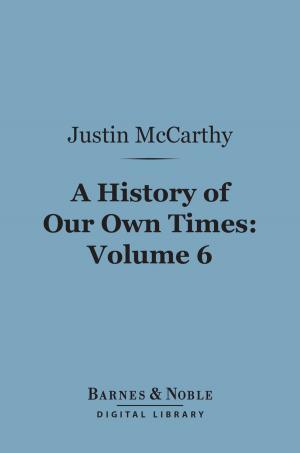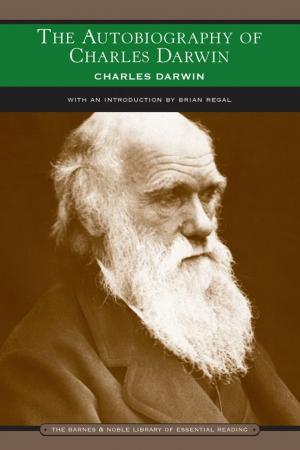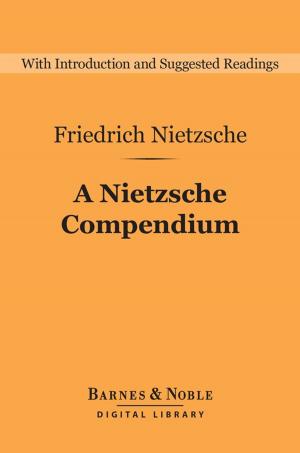Letters and Sayings of Epicurus (Barnes & Noble Digital Library)
Nonfiction, Religion & Spirituality, Philosophy| Author: | Epicurus | ISBN: | 9781411468603 |
| Publisher: | Barnes & Noble | Publication: | March 13, 2012 |
| Imprint: | Barnes & Noble | Language: | English |
| Author: | Epicurus |
| ISBN: | 9781411468603 |
| Publisher: | Barnes & Noble |
| Publication: | March 13, 2012 |
| Imprint: | Barnes & Noble |
| Language: | English |
This edition includes a modern introduction and a list of suggested further reading.
Throughout the ages Epicurus has been both idealized and anathematized. As an atheist materialist philosopher he was an offense to religious thinkers. Many of his influential admirers, like Thomas Hobbes and Thomas Jefferson, had to keep their Epicurean leanings a secret. On the other hand, the philosopher-physicist Isaac Newton was candid enough to assert openly that he was reviving the tenets of the Epicurean philosophy when he embarked on his world-transforming project. Epicurus' significance transcends even his astounding historical influence because the subjects he reflected on - the purpose of life, the nature of reality, natural phenomena, and death - are of enduring significance.
This edition includes a modern introduction and a list of suggested further reading.
Throughout the ages Epicurus has been both idealized and anathematized. As an atheist materialist philosopher he was an offense to religious thinkers. Many of his influential admirers, like Thomas Hobbes and Thomas Jefferson, had to keep their Epicurean leanings a secret. On the other hand, the philosopher-physicist Isaac Newton was candid enough to assert openly that he was reviving the tenets of the Epicurean philosophy when he embarked on his world-transforming project. Epicurus' significance transcends even his astounding historical influence because the subjects he reflected on - the purpose of life, the nature of reality, natural phenomena, and death - are of enduring significance.















